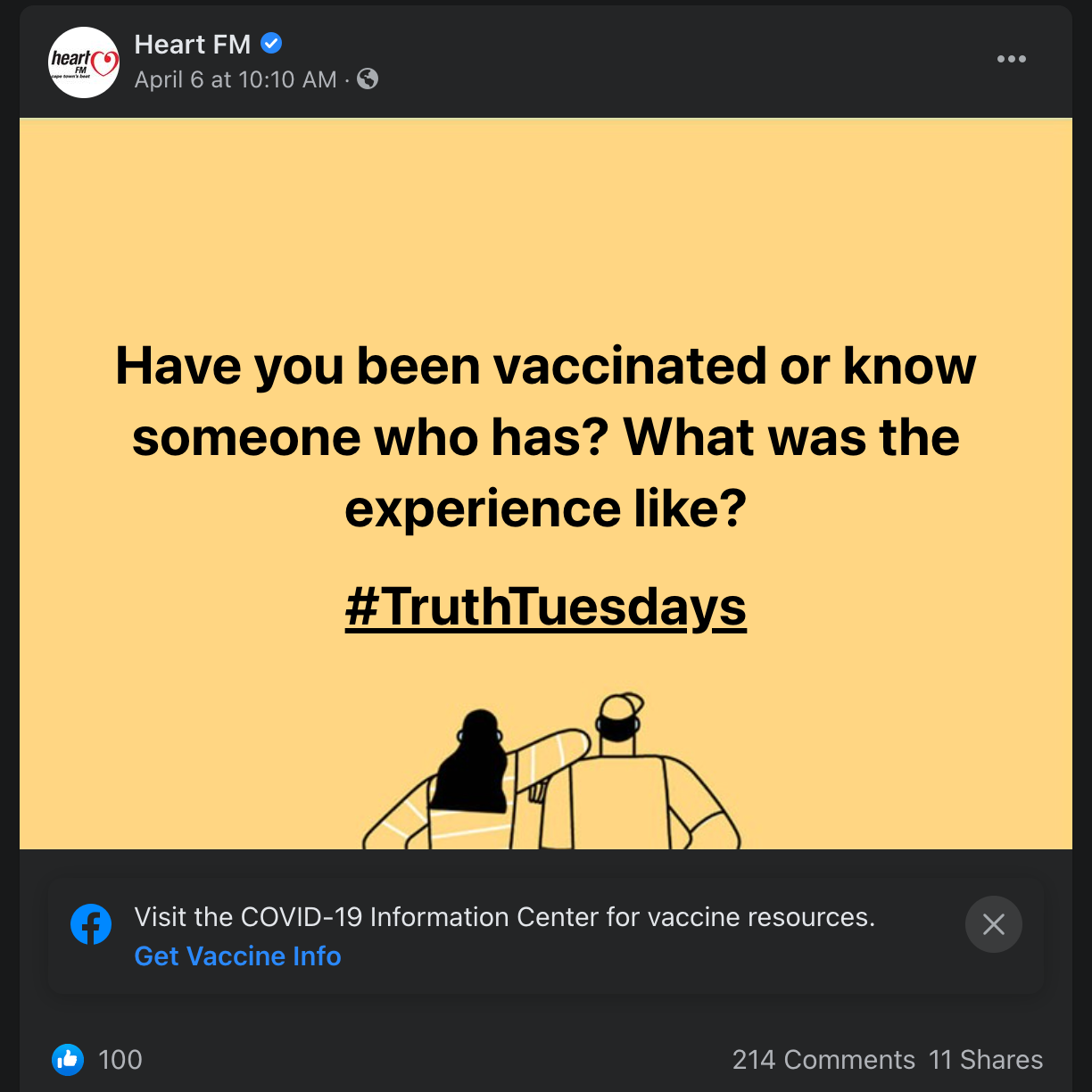media update’s Talisa Jansen van Rensburg dives into the importance of emotional correctness in the media industry.
The media has come a long way, especially when considering the type of information that should and should not be put out into the public, the infiltration of filter bubbles and the rise of fake news. But with all of these things happening, audiences are becoming more aware of the effects certain content holds.
It is no longer about
what word or phrase you decide to use, it is rather about
how you are going to use that phrase or word. For example, are you calling a person overly sensitive online because you want to reach out and help them, or are you saying they are overly sensitive; aka, just stating a fact and not interested in helping that person grow at all?
This all ties into your emotional correctness, and it’s something that all members of the media need to be wary of when distributing their content. This is not to be confused with political correctness, which is an entirely different story.
The difference between being politically and emotionally correct
According to an article by ReachOut, being
politically correct is all about “
avoiding language and actions that insult, exclude or harm people who are already experiencing disadvantage and discrimination.”
For example, when a person says that they are part of the LGBTQ+ community, it would be incorrect to assume their sexual orientation just because they support members of this group. Instead, if you are curious, the right thing to do is to be politically correct by asking, “Is your partner here to join us today?”
This way, you are not assuming anyone’s orientation and you leave it up to the person to disclose as much or as little information that would like to share.
Emotional correctness can be viewed as “the tone, the feeling,
how we say
what we say, the
respect and
compassion we show one another.” This is according to
Sally Kohn, one of the leading progressive voices in America. She had a TED Talk back in 2013 where she spoke on being emotionally correct in the media industry.
So, although a person might not be politically correct, they
do need to act on and say everything out of a place of respect and love for others. This will lead to people
actually listening to what media members have to say.
Why the media industry needs to be emotionally correct
Although being politically correct is believed to be one of the best ways to get readers hooked on stories and ensure that they take part in the conversation, Kohn says that “ … political persuasion doesn't begin with ideas or facts or data. Political persuasion begins with being emotionally correct.”
What this means is that there is no way to get a person involved in an important conversation if they are not listening to what you have to say. So, in the media industry, if you are trying to be politically correct by adding facts and data to your content, you should know that will not be enough to get people involved — especially if they are not willing to hear you in the first place.
Members of the media need to shift their focus on emotional correctness by finding compassion for each other — and they can do this by building strong and reliable relationships with the community they serve.
For example,
Heart FM takes time to communicate with its listeners by asking them important questions in a subtle and respectful manner. This way, the radio hosts remain educated on how people are feeling about various topics within the media, such as asking people how it feels to get the new Covid vaccine, which can help those who are yet to experience it. Stating the question like they did allow them to be both politically correct and emotionally correct at the same.

 *Image courtesy from Heart FM
*Image courtesy from Heart FM
It is essential that the people working in media understand that the role they play in informing the public is
huge. Incorporating emotional correctness will allow for more people to actually become accustomed to the news you need to share with your audience.
This way, the industry will be able to get more people to listen and engage with the really important information that is being shared with the world.
What are your thoughts on emotional correctness? Be sure to let us know in the comments section below.
*Image courtesy of Pexels